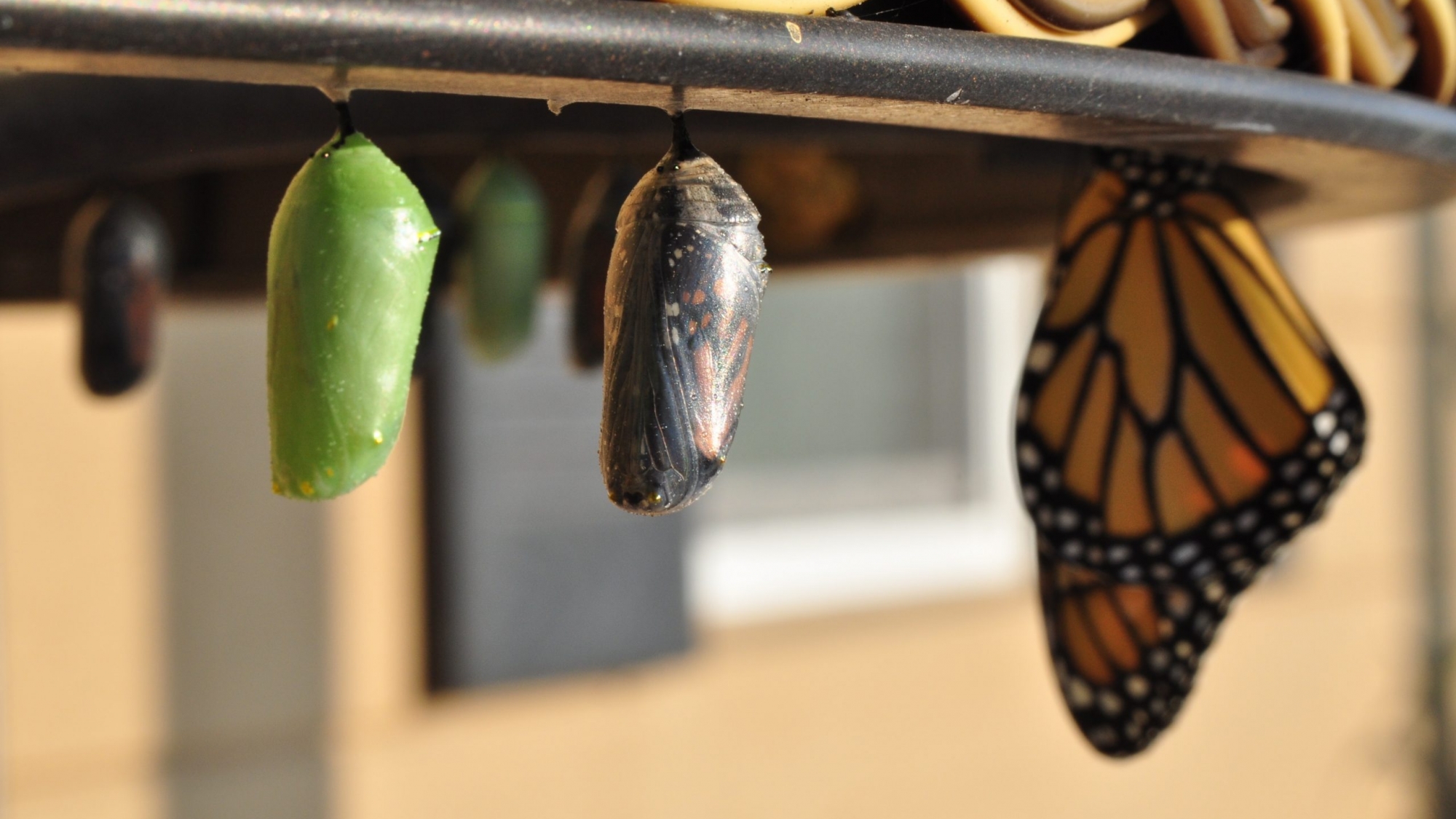You seem to hear the term everywhere these days. Teachers, bosses, and television hosts implore people to develop a “growth mindset.”
It sounds promising. Life-changing even. But what does it mean?
Simply put, a growth mindset is a belief that you can grow and learn new things. It especially applies to those things where you have not experienced success in the past. The best part is that growth mindset is a skill that can be learned and applied in every situation.

Carol Dweck, an educational researcher, named this skill “mindset”. More importantly, she showed how it can be applied to educational settings. A person who believes that they can acquire a set of new skills will do much better on a test than a person who does not.
A person who masters the growth mindset is prepared to thrive, and not just in school.
But perhaps the best way to describe it is to describe what is not.
The opposite of growth: A fixed mindset
“I am terrible at math.”
“I can’t draw.”
“I can’t talk to strangers.”
You have heard others say these things. Maybe you have said one or more of them yourself. These are examples of a fixed mindset.
This is the commonly held belief that you cannot learn one or more things that you are not currently good at, or are not naturally good at.
Sadly, some of these beliefs take effect as early as our grade school days. We try something new and are not as good at it as one or two other students in the class, and we assume we can never learn it.
This fixed mindset can set people up for poor outcomes for the rest of their lives. A fourth-grader who thinks she can’t learn math has set herself up to be less successful in high school than she can be. A high school student who thinks he will never be a reader might miss out on a lifetime of entertaining and educational reading.
Perhaps you have heard yourself saying these things.
The problem is that a fixed mindset is not a true mindset. People are capable of learning and growing for their entire lives. Skills that are hard – like learning to play an instrument – are actually hard for everyone. They take time to acquire. They take practice. People with an aptitude may learn a certain skill more quickly, but no one is born knowing how to play the guitar.
The skill you need to open up a world of possibilities is this: you need to believe that you can learn new things. You need a growth mindset.
Utilize growth mindset to thrive
Here is the good news. That thing you are bad at? The instrument you can’t play? The subject you can’t learn?
You can learn it.
But first, you must acquire a growth mindset. And the first step to a growth mindset starts with one word: “yet.”
“I am terrible at math” becomes, “I can’t do this problem, yet.”
“I can’t draw” becomes, “I can’t draw this, yet.”
“I can’t talk to strangers,” becomes, “I haven’t yet learned how to talk with strangers.”
A growth mindset is the understanding that the skills you currently lack can be learned. A growth mindset is replacing the idea that you can’t do something with the understanding that you need to apply time and effort to learn it.
A fixed mindset is preventing you from trying to learn. A Growth mindset is understanding that with time and effort, you can get better at anything.
Importantly, a growth mindset can be learned.
A therapist or counselor can help you develop growth mindset
While the applications of a growth mindset are almost endless, perhaps the most important use is in our relationships and interactions.
Managing relationships with people around us is hard. Work, family, neighbors … each of these relationships come with built-in complexities. Research suggests that we are hardwired to not get along with as many as 20% of the people we meet, so adding in the challenges that come with long-term relationships means that we all have some relationships that cause us anxiety or keep us from achieving our potential.
And fixing a relationship is not as easy as adding the word “yet.”
Much like playing an instrument, or mastering math, the skills needed to navigate relationships can be learned. Unlike an instrument or a specific skill, mastering our relationships can improve the quality of your life every day.

It is hard to do it alone, but possible. There are many books and articles that can walk you through the process. In many cases, however, the fastest path to learning to thrive involves a counselor. A therapist can be a partner in your growth.
If you are interested in seeking help in your transformation contact Sakina. She also offers insight on other self-growth topics like emotional regulation.


[…] If you have further questions, or would like to set up an online consultation, please contact Sakina at SakinaIssa.com. She can walk you through the process to give you the tools to navigate your limitations and achieve your goals. […]
[…] to work past personal obstacles to become the best possible version of yourself? Need to set goals that are achievable? Contact […]
[…] Interested in learning how to adopt a growth mindset? Or how to talk with someone whose fixed mindset is preventing them from growing and maturing? Then talk with Sakina today. Or simply read on about self-growth. […]